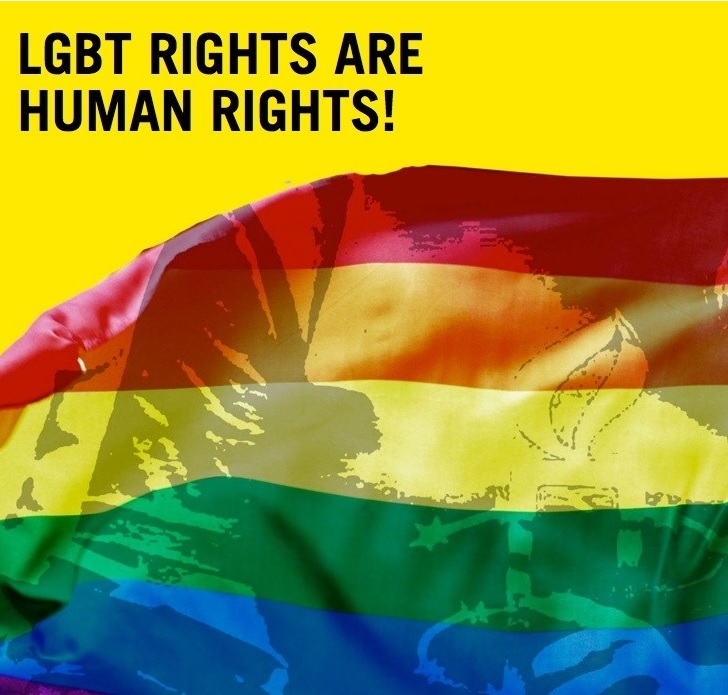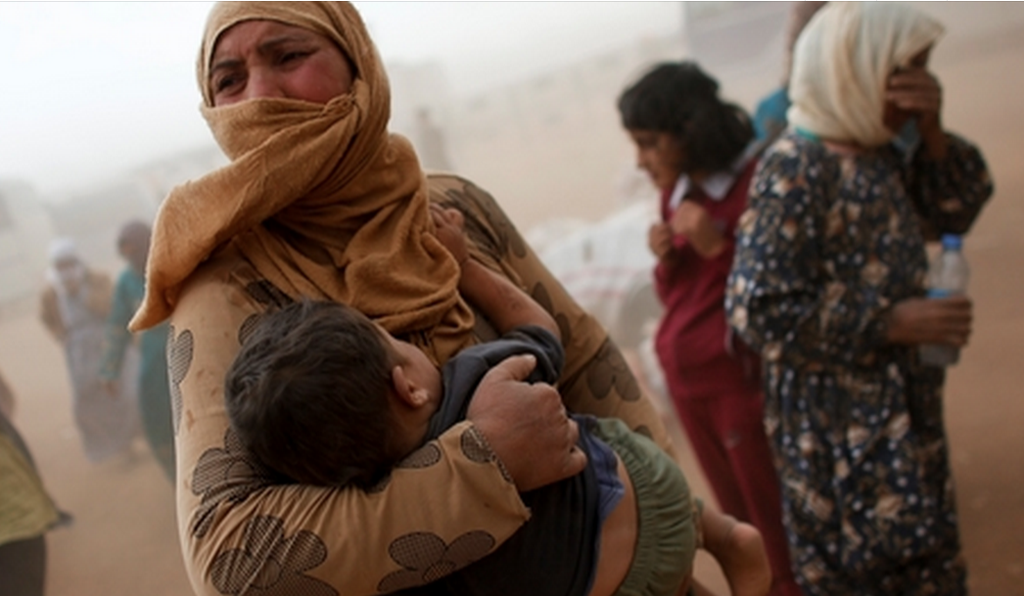The following information is based on the Amnesty International Report 2021/22. This report documented the human rights situation in 149 countries in 2021, as well as providing global and regional analysis. It presents Amnesty International’s concerns and calls for action to governments and others.
ARMENIA 2021
There was no accountability or justice for victims of violations committed during the 2020 Armenia-Azerbaijan conflict and its aftermath. Over 100 people were killed or injured by mines planted by Armenian forces in areas ceded to Azerbaijan. Some 36,000 ethnic Armenians remained internally displaced. Peaceful protests were largely permitted after Covid-19 and martial law restrictions were lifted, but freedom of expression and access to information continued to be restricted. Environmental concerns at the Amulsar gold mine remained unaddressed. Domestic violence remained a widespread problem, exacerbated by the Covid-19 pandemic.
Background
Political tensions remained high throughout the year. The prime minister resigned in April following months of anti-government protests over his handling of the Armenia-Azerbaijan conflict but was re-appointed after his party won a majority in snap elections in June.
Security along the Armenia-Azerbaijan border remained volatile with uncertainties over demarcation lines. Occasional cross-border fighting led to military and civilian casualties.
The Covid-19 pandemic and the aftermath of the 2020 conflict exacerbated the country’s economic hardships. According to the World Bank, Armenia suffered an 8% contraction in GDP, leading to the impoverishment of 70,000 people and driving 720,000 people into a lower welfare group. The elderly and less well-off were disproportionately impacted by the pandemic, facing greater obstacles in accessing healthcare due to the lockdown restrictions and repurposing of public healthcare resources. Their ability to cover routine expenses – especially household services, utilities, food, medicines and medical services – also decreased significantly.
Vaccination uptake remained low, with only 23 % of the population receiving a full dose of the vaccine by December, amid a widespread anti-vax campaign. In response, in August, the government made Covid-19 vaccination mandatory for all government workers and many private company employees.
Violations of international humanitarian law
No progress was made in investigating war crimes and other violations of international humanitarian law during the 2020 conflict and its immediate aftermath, or in bringing those suspected of individual criminal responsibility to justice.
Over 100 people were reported killed or injured by mines planted by Armenian forces in territories where they had ceded control to Azerbaijan. Armenia shared several maps detailing landmine fields in exchange for Azerbaijan returning Armenian captives. In December the president of the European Council reported that Armenia had returned all landmine maps. However, the accuracy of these maps was challenged by Azerbaijan.
Internally displaced people’s rights
Many of the approximately 91,000 people displaced at the height of the fighting in 2020 returned to Stepanakert/Khankendi and other parts of the Nagorno-Karabakh region, which remained under the control of Armenia. Some 36,000 people remained displaced in Armenia and Armenia-controlled Nagorno-Karabakh, and 24,000 of them from areas controlled by Azerbaijan faced long-term displacement. Returnees faced difficulties in accessing livelihoods, education and healthcare.
Freedom of assembly
Peaceful protests and demonstrations were largely permitted throughout the year. By January, the government had rescinded most public health and emergency law-related restrictions imposed due to security concerns and the Covid-19 pandemic, including restrictions on public gatherings.
Freedom of expression
The right to freedom of expression continued to be unduly restricted.
The government introduced several legislative amendments curtailing independent media and other critical voices. In March, the National Assembly increased the maximum fine for insult and defamation to AMD 6 million (approximately US$12,000). In August, another set of legislative amendments criminalized insulting public figures, making repeated insults punishable by up to three months’ imprisonment. In September, police opened a criminal case under this new law against a Facebook user for insulting the prime minister in a comment under a photo featuring him.
The authorities continued the prosecution on trumped-up charges of human rights defender Sashik Sultanian in retaliation for his criticism of the treatment of the Yazidi ethnic minority in Armenia. An investigation into his alleged incitement of national hatred had been opened in October 2020, after he published an online interview on problems faced by the ethnic Yazidis. His trial started in August and was ongoing at the end of the year. If convicted, he could face three to six years in prison.
The Prosecutor General’s Office and state investigative bodies failed to effectively investigate attacks and threats against NGOs and media outlets, including looting of the offices of Radio Free Europe/Radio Liberty and Open Society Foundations, in the aftermath of the conflict in 2020.
Environmental degradation
The Amulsar gold mine project in southern Armenia remained halted, pending the outcome of an ongoing criminal investigation into intentional concealment of information on its environmental impacts. The investigation was launched in response to protests by local residents and environmental campaigners since 2018.
Women’s rights
Women continued to be affected by higher levels of domestic violence during the Covid-19 pandemic while access to services and protection remained inadequate. The pandemic also exacerbated the heavy burden of unpaid care work which continued to fall mainly on women and girls.




